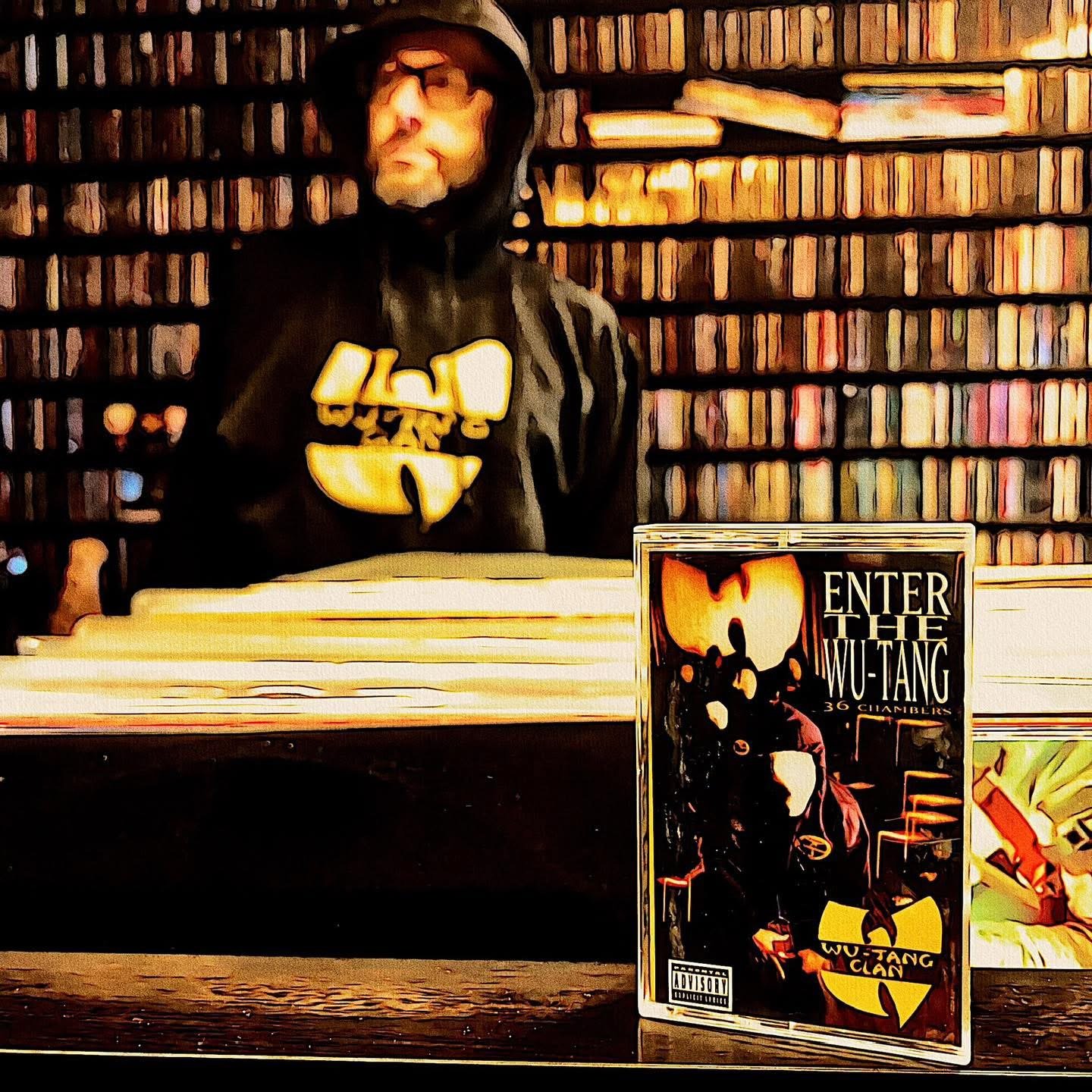Wu-Tang Clan
Enter the Wu-Tang (36 Chambers)
It wasn’t music—it was a heist. Enter the Wu-Tang (36 Chambers) kicked down my mental door like masked bandits in a samurai flick. I didn’t press play—I got ambushed. The air was thick with grime, the beats hit like falling cinderblocks, and the verses felt like coded messages scratched into prison walls.RZA wasn’t a producer—he was a mad architect building a fortress from shattered records and forgotten soul loops. Each MC stormed the mic like it was their last chance to escape oblivion. Method Man cackled like a comic-book villain; Raekwon schemed like a hustler plotting his next move. Inspectah Deck? He wrote rhymes like a sniper carving names into the barrel of his rifle.It wasn’t polished, it wasn’t pretty—36 Chambers was a graffiti-splashed subway car barreling through the city at midnight. Dangerous. Unstoppable. Immortal.It all begins SOMEWHERE.
The last moments in the room where my passion for the world of hip hop all started. #memories
Nas
Illmatic
Illmatic wasn’t just an album—it was destiny told through rust-stained bars and rooftop prayers. Nas didn’t spit verses; he painted survival in bold strokes, each word a spark against the darkness. His voice carried the weight of entire city blocks, stories stitched together with grit and soul.
The beats breathed like the city itself—raw, restless, and alive. Producers didn’t just craft tracks; they summoned soundscapes where time stood still, where every loop felt like fate circling back for another round. The music wasn’t polished—it was carved from the struggle, chipped from stone and tempered in fire.
Illmatic wasn’t a product—it was a pulse. It lived, burned, endured. It didn’t ask for attention—it demanded reverence. By the end, you weren’t just a listener—you were a witness.



